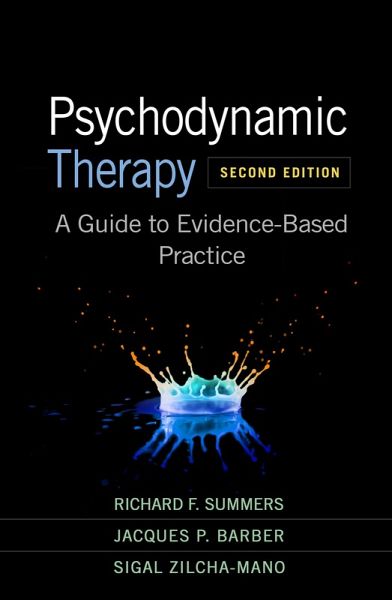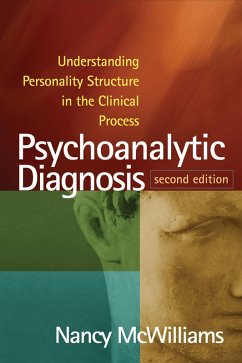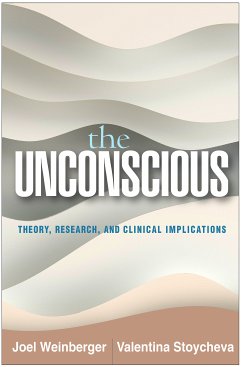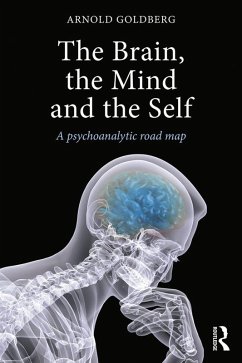
Psychodynamic Therapy (eBook, ePUB)
A Guide to Evidence-Based Practice
Versandkostenfrei!
Sofort per Download lieferbar
36,95 €
inkl. MwSt.
Weitere Ausgaben:

PAYBACK Punkte
18 °P sammeln!
Firmly grounded in contemporary clinical practice and research, this pragmatic guide for professionals and students is now in a revised and expanded second edition. The book explains the theory underlying psychodynamic approaches and lays out a model for understanding psychopathology. Vivid case examples demonstrate how to tailor psychodynamic therapy effectively for individual patients. The authors provide a framework for diagnosing the patient's core psychodynamic problem and engaging the most useful mechanisms of change, using an integrative approach. Special topics include remote and hybri...
Firmly grounded in contemporary clinical practice and research, this pragmatic guide for professionals and students is now in a revised and expanded second edition. The book explains the theory underlying psychodynamic approaches and lays out a model for understanding psychopathology. Vivid case examples demonstrate how to tailor psychodynamic therapy effectively for individual patients. The authors provide a framework for diagnosing the patient's core psychodynamic problem and engaging the most useful mechanisms of change, using an integrative approach. Special topics include remote and hybrid treatment, combining therapy with psychopharmacology, and working with couples and families. New to This Edition
- Incorporates cutting-edge research on psychotherapy process and mechanisms of change.
- Chapter on telepsychotherapy, including clear recommendations for practice.
- More attention to the social determinants of health--the psychic effects of adversity and various forms of oppression.
- New and revised case examples, with diversity in age, gender, race, culture, and sexual identity.
Dieser Download kann aus rechtlichen Gründen nur mit Rechnungsadresse in A, D ausgeliefert werden.













